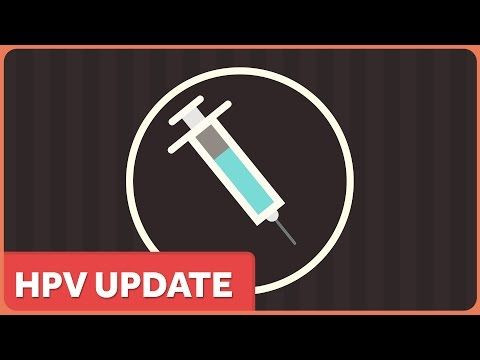Human Papillomavirus Vaccine Underutilized? Experts Say Yes, Encourage Adolescents To Get First Dose At Age 11

Not enough people are getting vaccinated for human papillomavirus, says host of YouTube's Healthcare Triage, Aaron Carroll.
Carroll believes some doctors promote vaccines less enthusiastically than others, with the HPV vaccine being one of them. Sometimes, he said, doctors don’t talk about it and otherwise anti-vaxxers push scary rhetoric. But experts find the vaccine is only dangerous when it's not administered.
For those who don't know, HPV is the most common sexually transmitted disease in the United States; 80 million Americans are currently infected, the Centers for Disease Control and Prevention (CDC) reported. The CDC also found the HPV vaccine uptake in the U.S. falls short of than the Healthy People 2020 goal at 90 percent coverage. In 2014, a national survey of girls aged 13 to 17 revealed 60 percent had receive at least one dose of the vaccine, while 50 percent had received all three doses.
True, the CDC says 90 percent of cases are asymptomatic and clear up on their own within two years, but some cases lead to adverse health outcomes, including cervical cancer and genital warts. With almost all sexually active people guaranteed to get one of the more than 40 types at some point in their life, Carroll said we need to talk more about the HPV vaccine recommendations. Research shows doctor-patient communication is an important predictor of vaccination.
The HPV vaccine is administered in three doses, the first of which the CDC suggests adolescents receive at either age 11 or 12. Why so early? Carroll explained young kids need the chance to build immunity before they become sexually active. Once someone is exposed to the virus, it'll be too late to immunize.



























